Last Updated on January 23, 2024
I know that having an organic home and being zero waste aren’t directly related. For me, my zero waste journey started in a very different spot than most.
You can read more about it here. I really tried to avoid plastic first and foremost for personal health reasons.
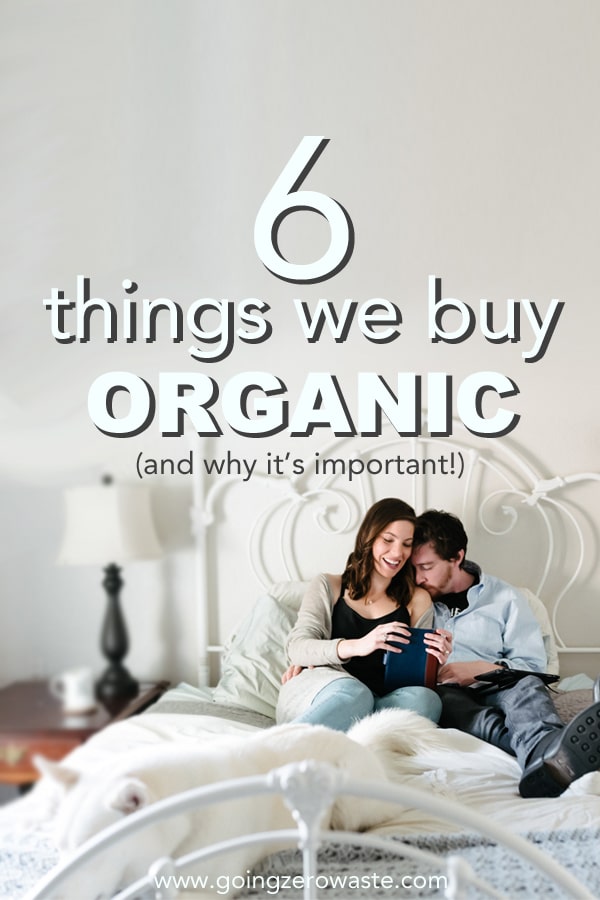
I don’t know if you’ve read Cradle to Cradle*, I highly recommend it if you haven’t. The first couple pages detail many of the hidden toxins in our homes from flame retardants in chairs and couches to the off-gassing of synthetic carpets.
There are a lot of hidden and not always thoroughly tested additives in objects we come in contact with every day.
And, while having a small exposure to these things might not be worrisome, we’re constantly bombarded with them and it builds up in our system.
Cancer has affected Justin and I both very personally, and we truly believe switching to an organic or safer alternative for some items to be important.
Going zero waste and minimizing our possessions has allowed both Justin and me to save a lot of money. You can read more about that here. It’s also given us the opportunity to focus our funds on what we think are important purchases for our health.
Table of Contents
mattress:
When moving to our new house, our first priority was getting a new mattress. The mattress we first bought when we moved out to California, was a $100 mattress from Walmart.
Most all mattresses are made from polyurethane foam (a petroleum product). Which they markup for an exorbitant rate. This foam outgasses for the first several years, and you’re constantly breathing it in.
We sleep for a third of our lives, and our bed is also our couch in our new place. I knew that we would be spending almost half of our daily lives on this piece of furniture. I did not want it to be on plastic or to have fire retardants.
Fire retardants have polybrominated diphenyl ethers or PBDEs which interfere with our thyroids and are very persistent.
PBDE has even been found in polar bears! I’m not sure how often polar bears lounge around on couches… so this is alarming.
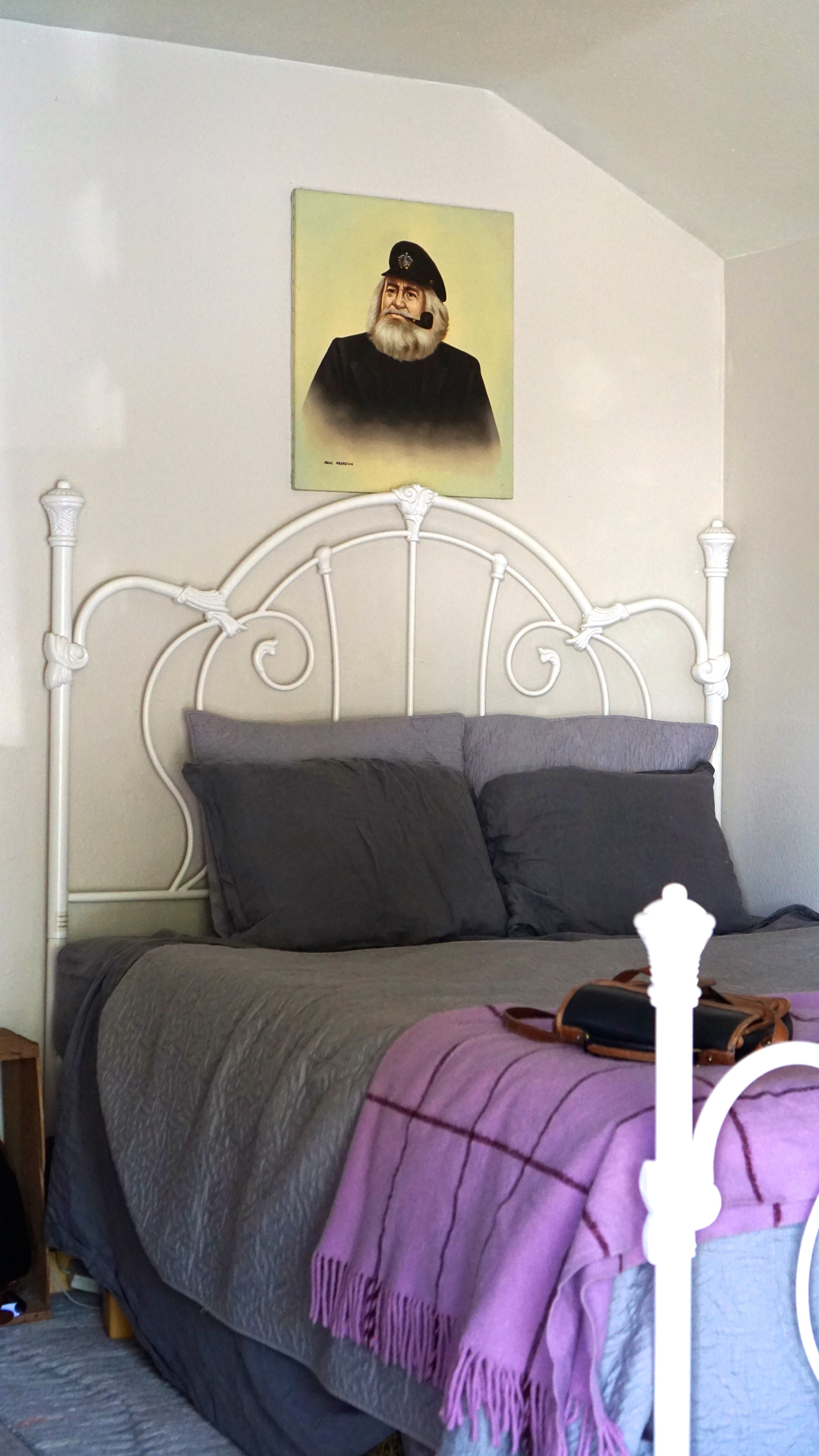
We started looking for new mattresses and could not be happier with the one we chose from The Futon Shop. We chose the organic latex moonlight mattress which is four pieces of natural latex. This mattress is so cool.
Natural latex will also last a lifetime. They did a study where even after 20 years the latex hadn’t budged an 1/8th of a millimeter. I can’t wait to report back to you in 20 years to see if my findings support the study. I will also have a full post on this mattress later.
I feel very passionately about getting a good nights sleep.
food:
We have always tried to buy organic food or at least stick to the clean 15 and the dirty dozen. When we first started dating we would go on dates to get groceries. We met while living in actor housing. You can read more about us here.
Every Tuesday there was a huge farmers market called Roots. We’d always make a trip and buy our groceries together.
We’d cook our meals together and it was so much fun. We still buy most of our food from the farmers market.
It’s always really nice to chat with the farmers. Sometimes, it’s organic, but they’re not certified. Other times they grow sustainably but aren’t certified organic.
Buying food can really be taken on a case by case basis. I’d really encourage you to chat with your farmers.
This has been one of the best decisions for us because we try to avoid atrazine which is a highly toxic herbicide that has been linked to breast tumors and prostate cancer.
We also try to avoid organophosphate which is a neurotoxin that affects brain development, fertility and can mess your thyroid. By talking to your farmers, even if the food isn’t organic, ask if they use these chemicals.
sheets:
Buying an organic mattress is expensive! If it’s not in your budget right now, I’d at least look at changing your sheets. Our skin is our largest organ it absorbs everything. You’ll spend 1/3 of your life rubbing up against your sheets. It’s important that they’re comfy and non-toxic.
We wound up getting linen sheets. Linen is organically grown, naturally hypoallergenic, and antibacterial. We LOVE these sheets. Organic cotton is another good choice. But, I would definitely avoid polyester (plastic) sheets!
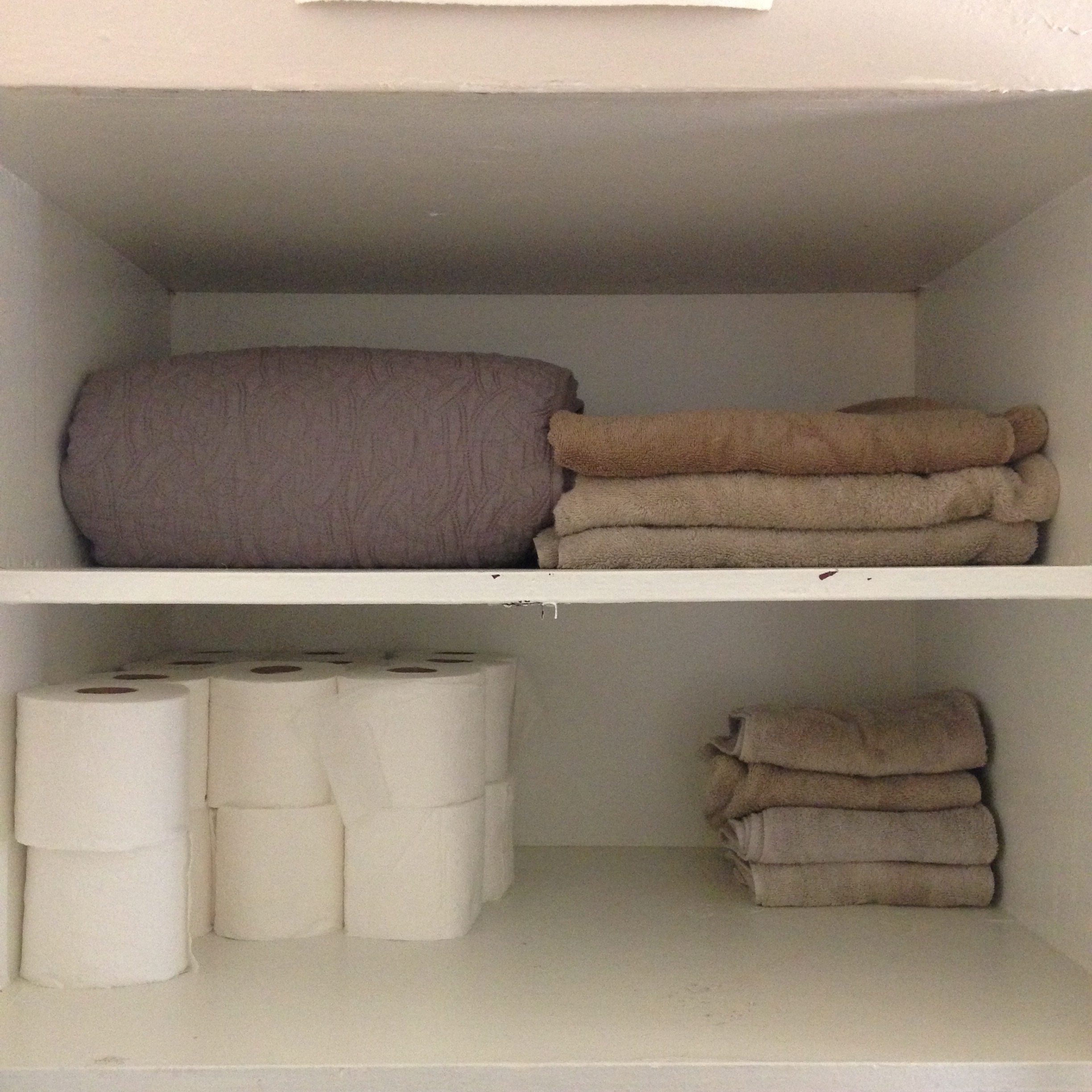
Conventional cotton sheets present a problem because the pesticides used in farming like Deltamethrin is a known endocrine disruptor. Parathion, another pesticide, is extremely hazardous lowing red blood cell counts.
However, over time and multiple washes, this becomes less of an issue. If buying organic cotton or linen isn’t in the budget right now, just buy second-hand cotton sheets (assuming you’re not already sleeping on sheets ;).
Wash the second-hand sheets in very hot water and line dry them in the sun. They’ll be good as new!
Olive + Crate are another company that makes sustainable organic sheets.
Their Eucalyptus Tencel is sustainably, and responsibly made, utilizing a closed-loop process. Non-toxic solvents and water are reused at a rate of more than 99%. Plus, their packaging is plastic-free.
Tencel is also a cruelty-free alternative to silk, since it’s made from several types of wood pulp, though it’s mostly sourced from eucalyptus trees.
Olive + Crate Eucalyptus products carry the OEKO-TEX Standard 100 label, ensuring that their products have been tested for harmful substances and proven safe.
Their sheets are a 2-in-1 when it comes to health benefits. The sheets are temperature regulating, and their naturally cooling feature can help lower body temperature for quicker and longer sleep. Additionally, these sheets are also hypo-allergenic and antibacterial, making them great for anyone with acne-prone, sensitive skin.
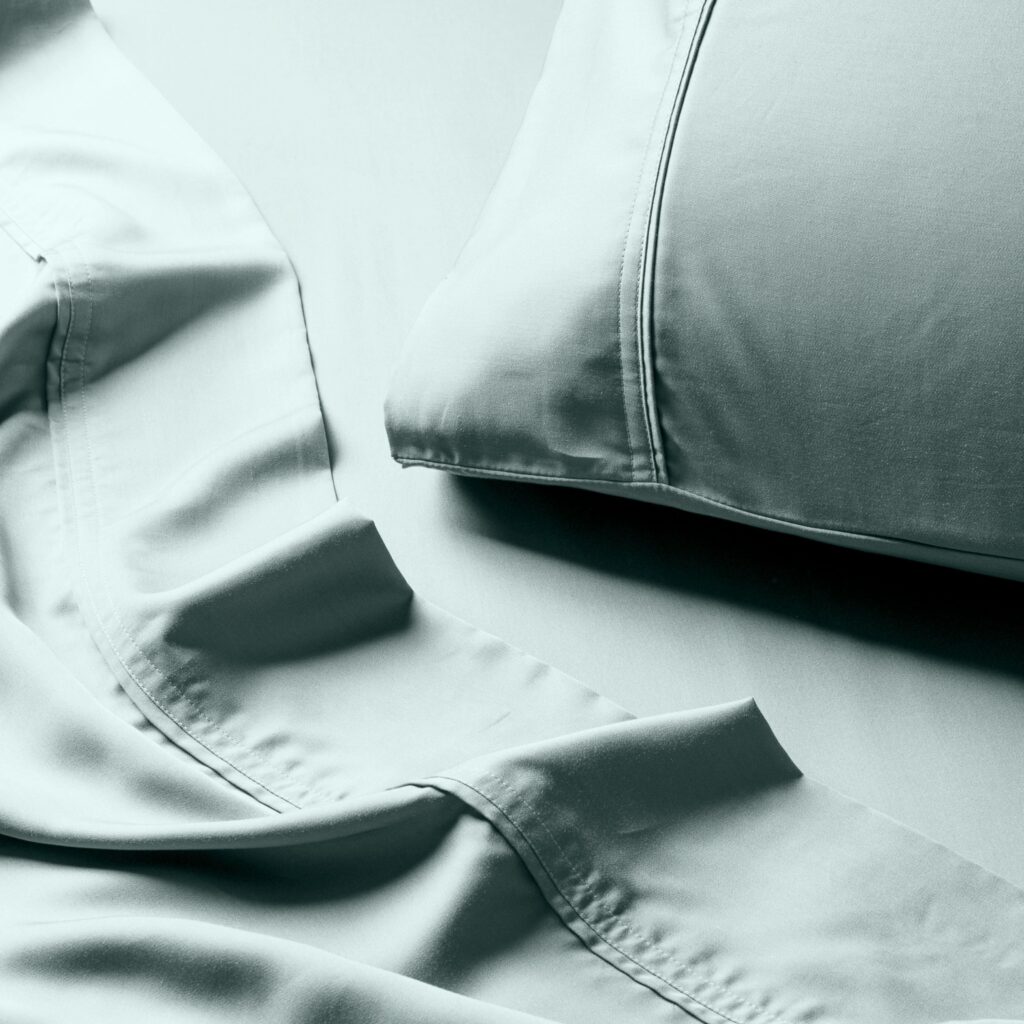
cleaning products:
Better cleaning products are one of the most simple changes to make! Plus it’s wayyyy cheaper. Check out some of my favorite cleaning products and recipes.
skin care:
I just wrote a huge post on my favorite skin care items. You can read it here. Phthalates and parabens are common toxins found in commercial skin care products. I also make a lot of my skin care products and you can get some of my favorite recipes below.
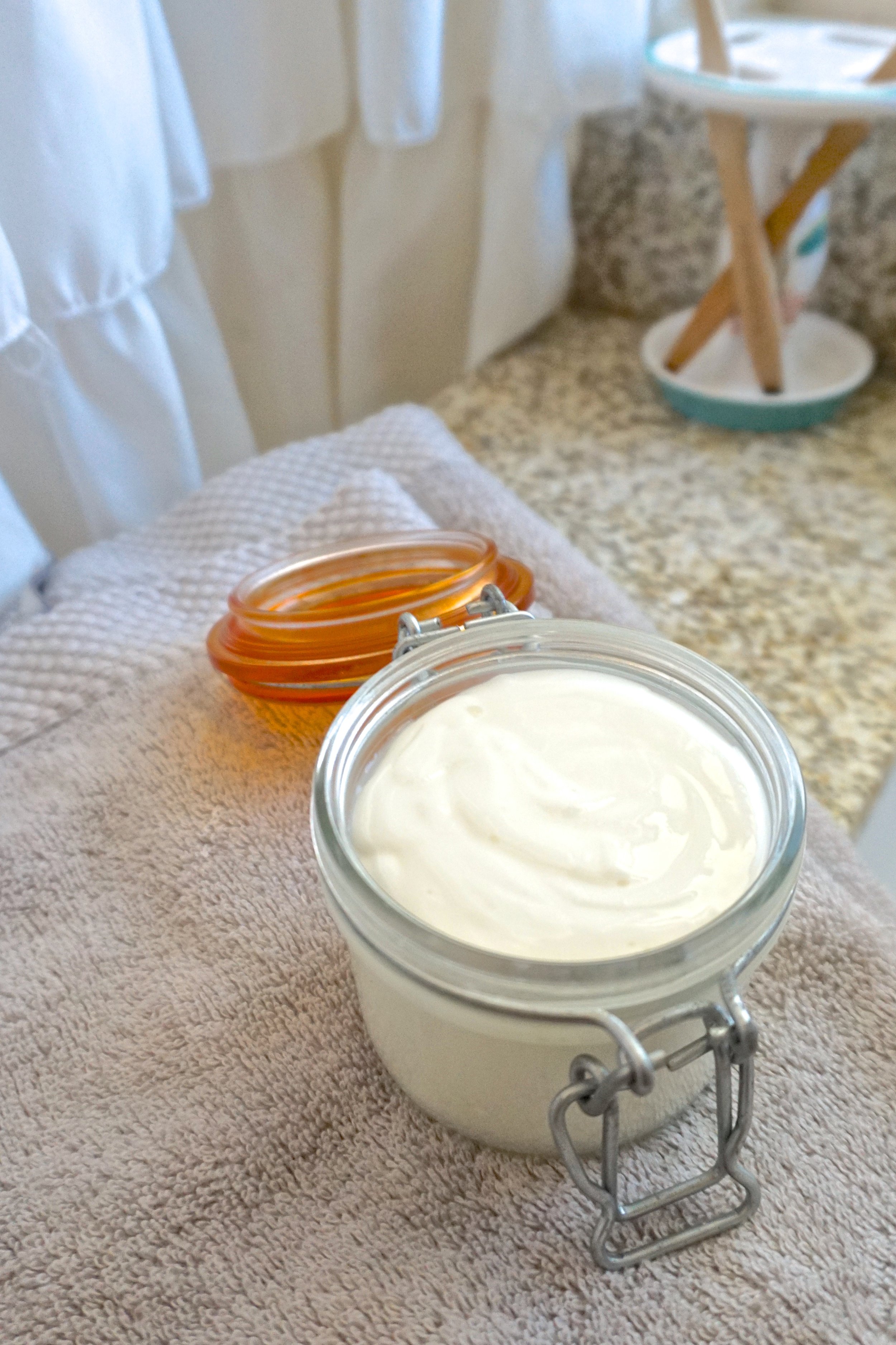
cookware:
When I first went zero waste we donated all of our non-stick pots and pans. These pots and pans use perfluorinated chemicals which can be found in the blood stream of 99% of Americans.
One particularly notorious compound called PFOA has been shown to be completely resistant to biodegradation. It will never break down. Even though PFOA was ban in 2006 it will be showing up for generations to come.
Exposure to PFOA has been linked to a number of health issues including interrupting the endocrine system and thyroid issues.
All in all, it’s something that we wanted to avoid in our cookware. We now very happily own 2 cast iron skillets*, one enamel coated Le Creuset dutch oven*, and one enamel coated Le Creuset pot*. We happily found all of these items second hand! Woot woot!
Further Reading:
https://www.epa.gov/assessing-and-managing-chemicals-under-tsca/polybrominated-diphenyl-ethers-pbdes
https://www.epa.gov/sites/production/files/documents/rmpp_6thed_ch5_organophosphates.pdf
http://news.berkeley.edu/2010/03/01/frogs/
http://pmep.cce.cornell.edu/profiles/extoxnet/carbaryl-dicrotophos/deltamethrin-ext.html
http://pmep.cce.cornell.edu/profiles/extoxnet/metiram-propoxur/parathion-ext.html
https://www.cancer.org/cancer/cancer-causes/teflon-and-perfluorooctanoic-acid-pfoa.html
https://www.niehs.nih.gov/research/programs/endocrine/index.cfm
https://www.niehs.nih.gov/health/topics/agents/endocrine/index.cfm
Have you opted for any organic purchases over buying second hand for your home or have you managed to find any good organic items second hand?
This post contains affiliate linking. It’s denoted with an asterisk. This means if you choose to purchase one of these items I will make a slight commission for referring you. You can read more on my disclosure page.

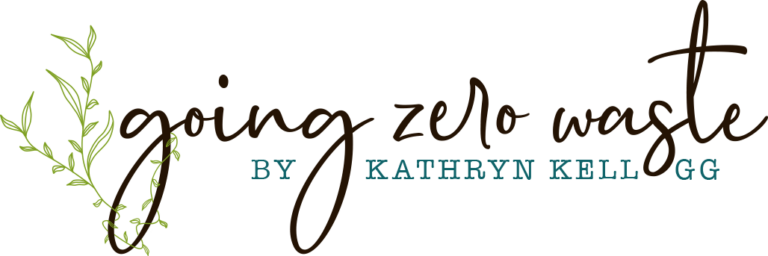
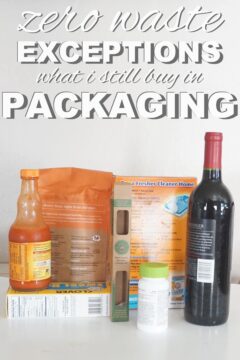
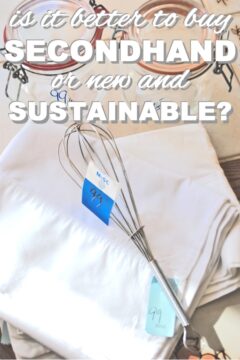
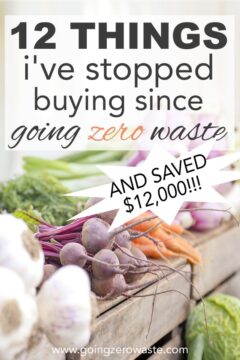
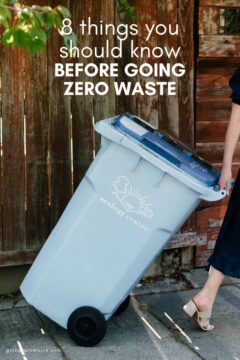


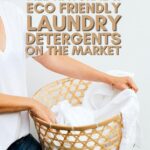


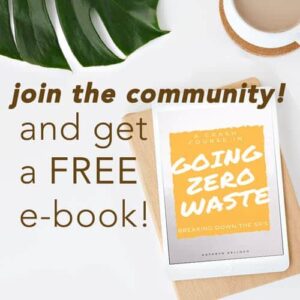

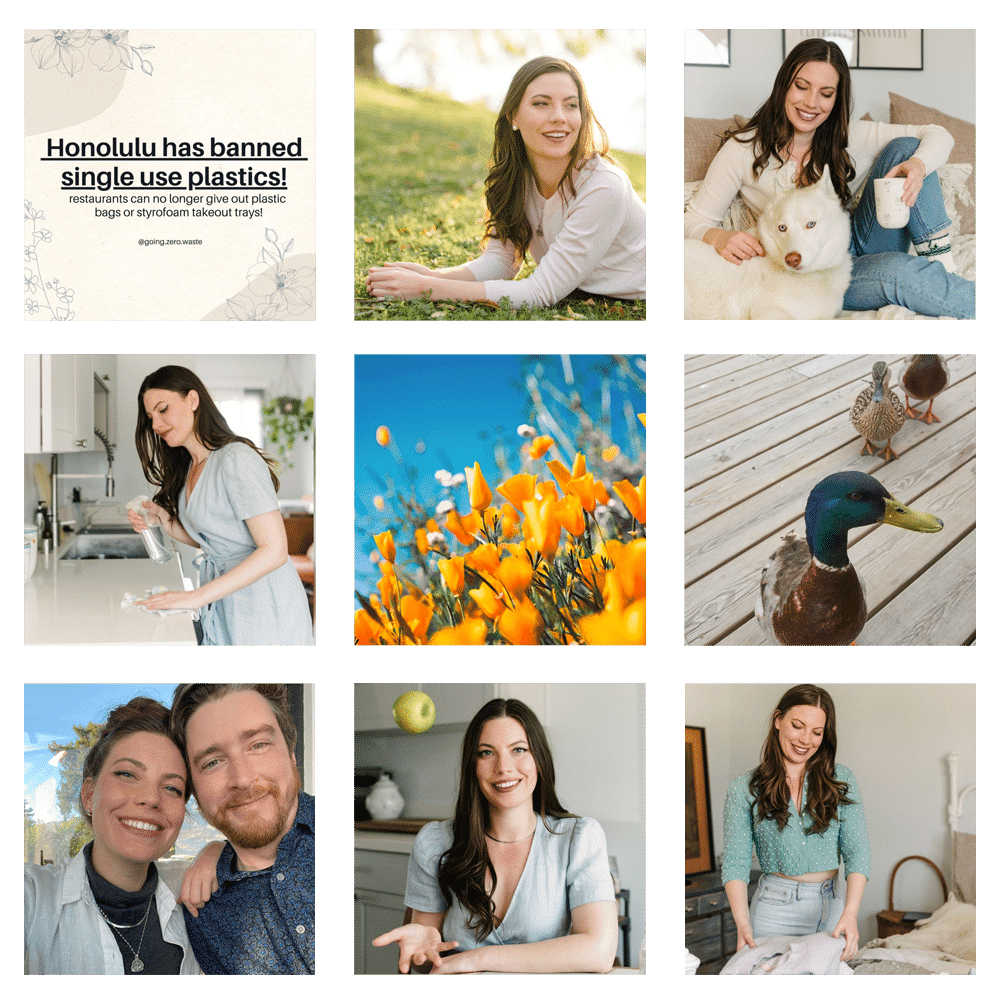
This article is such a great resource. Thanks, Kathryn! You’ve inspired me to finally change my cookware.
I’m very much looking forward to your mattress post! I’m sleeping on my great-grand mother’s mattress, so I clearly need a new one but am overwhelmed and don’t know where to start.
Great article on such important topics. However, I really had to gasp when I saw the price of the mattress you chose, right after you noted how much mattress makers mark up their prices. Only the wealthy can afford to spend $1800 (queen) on an organic latex mattress.
I agree wholeheartedly on all your other top organic choices. One thing that has stymied me is what to do about sun screens. While titanium oxide is supposed to be safer, I dislike the white sheen left on my screen. It’s hard to rub in. The other choices are also endrocrine disruptors if I recall directly.
For now, I use these sunscreens on a limited basis on arms and face when I can’t avoid going out in the middle of the day. Otherwise, I try to stay indoors during the heat of the day. Call me crazy, but I even wear leather driving gloves to avoid further sun damage to my hands. I remember hearing a dermatologist recommend that.
I’ generally wary of any cream/lotion that stays on my skin and is not rinsed off. So while I may slide on shampoos and soaps, I use Tom’s deodorant and natural dry skin lotions. It’s amazing how little manufacturers care about the health of their customers.
Do you think nuts should be organic?